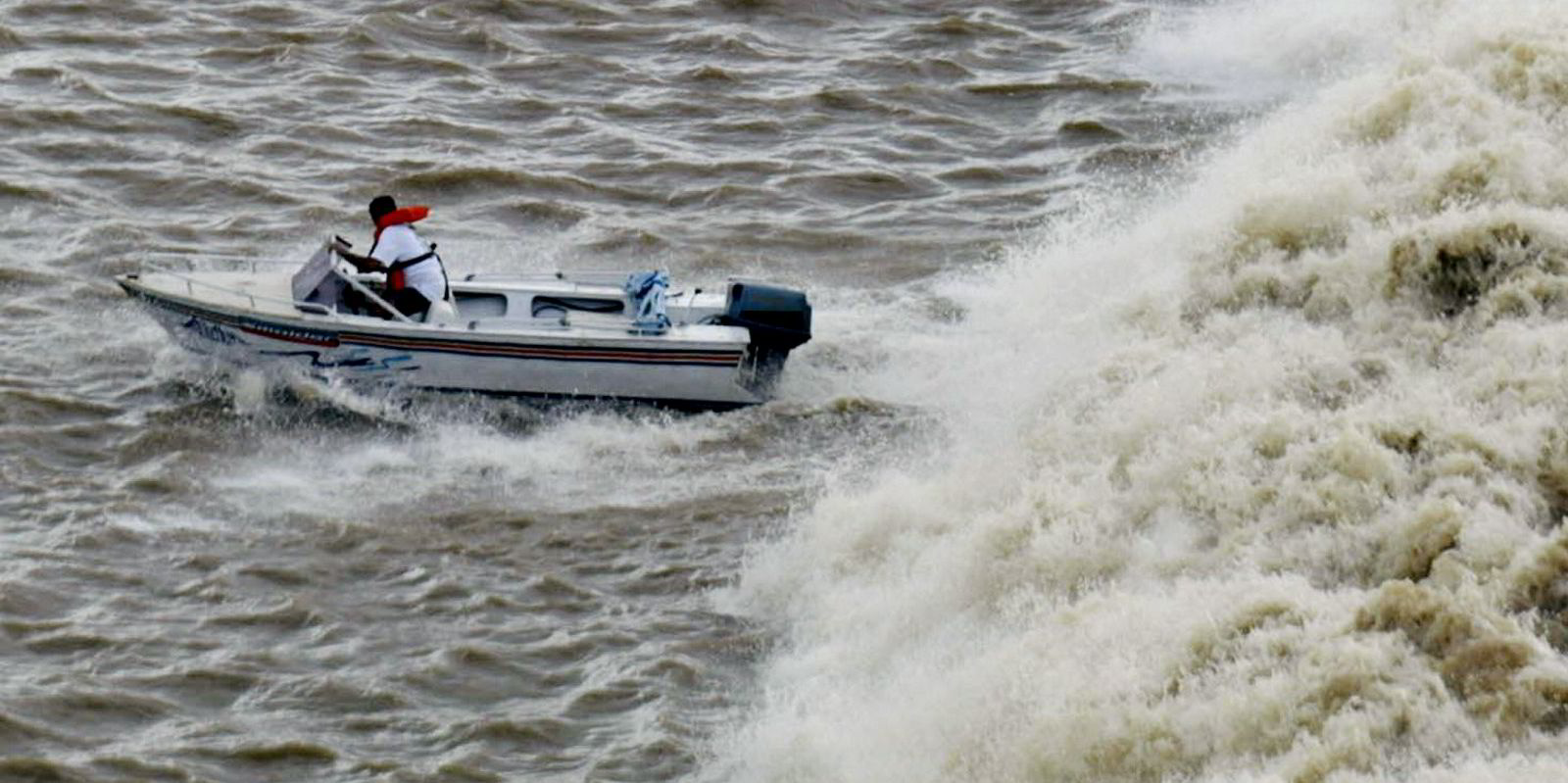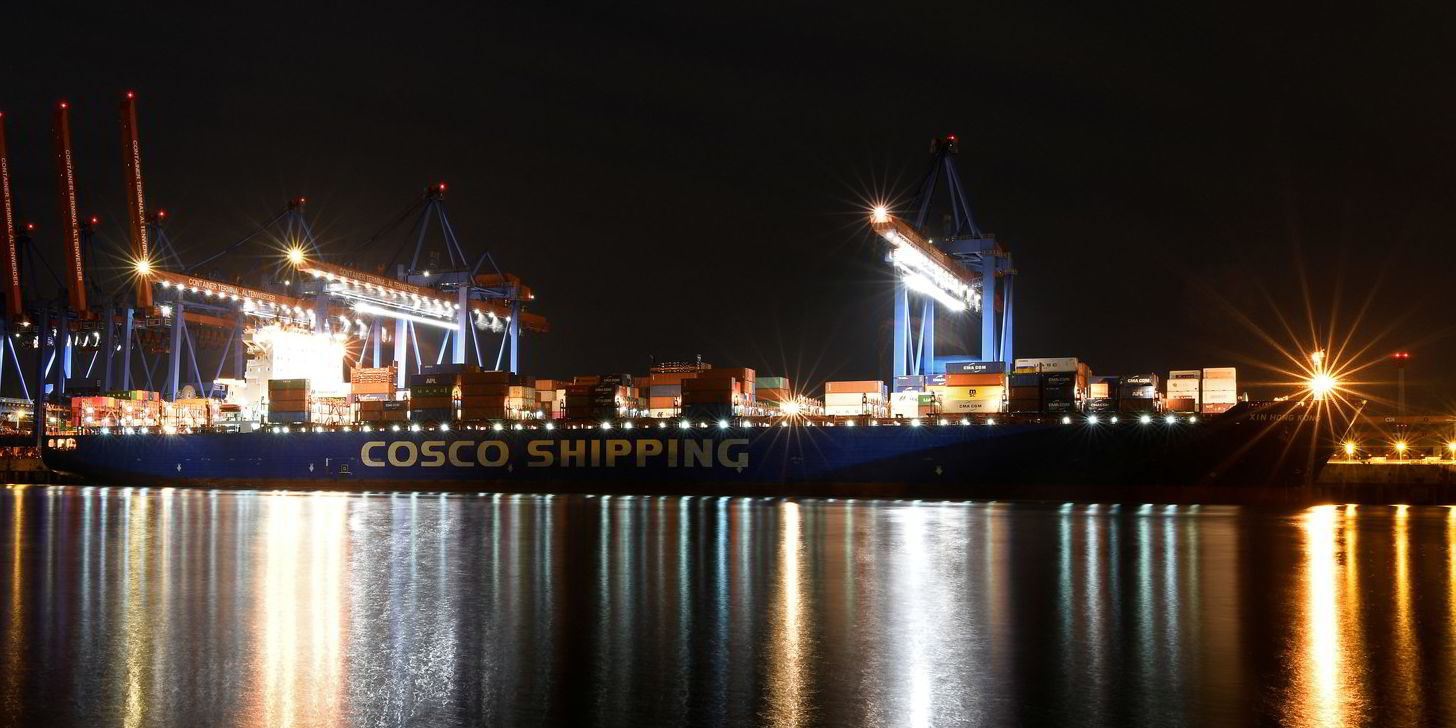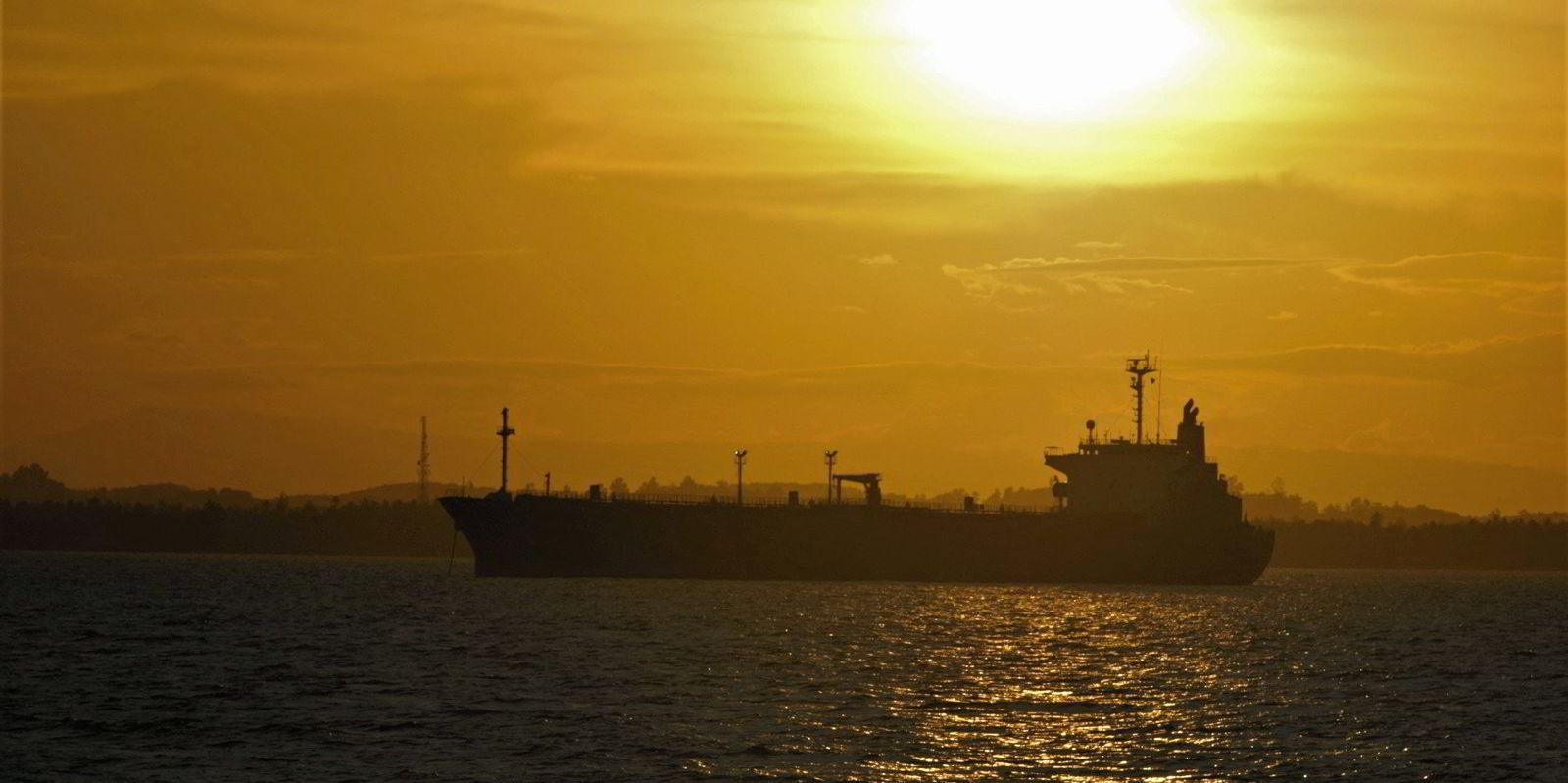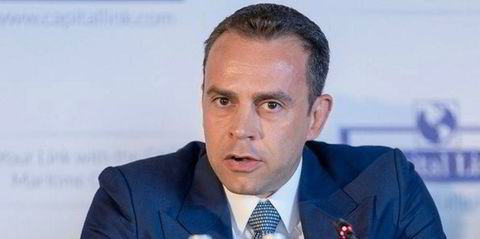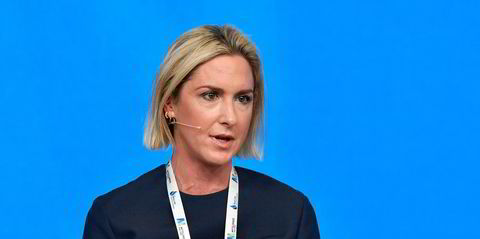As the joke goes, I might have done less time for murder than the 35-plus years I have worked as a shipping journalist. The past 23 have been mainly for TradeWinds, with a few years on remand to launch a sister publication, Recharge, into renewable energies.
Fortunately, it has not felt like a life sentence.
How, though, do you sum up in 700 words what I have learnt and what has changed, for better or worse?
I know more about shipping than when I was employed as editor of the now long-gone weekly newspaper International Freighting Weekly (IFW) on the basis that I knew something about the business of transport, having worked for a few years previously in the airfreight industry. But I discover on a daily basis that there is a lot more I still don’t know.
It’s part of the fun of reporting on shipping that there are always new things happening and a lot of stuff that has gone underneath your personal radar, possibly for many years.
But when I started out in the mid-1980s, even the relatively new container business seemed like something from the previous century, with rules originating from earlier liner trades laid down from smoke-filled, wood-panelled boardrooms where freight conferences met to try to keep a lid on affairs.
From time to time, IFW would get thinly veiled threatening calls from those at the top because we had printed something they did not like — that is, until we told them we could prove it.
It seems obvious now that the conferences’ power to act as cartels was waning. Perhaps it is more surprising that they survived a further 20 years until the European Commission abolished the system.
Much of market reporting, then as now, is based on gossip — chatting with unattributable sources, some more in the know than others about what other folks are up to, but rarely spilling the beans on what their own clients are doing. After a day spent at the office, my younger son reported to his mother: “Dad is really lazy. All he does all day is talk to friends.”
It obviously inspired him, though, as he is now a journalist himself.
However, the business is generally more corporate nowadays. That can be good and bad. It can be harder to get at juicy stories, but it also means more companies have to be, or even want to be, more open and approachable. There is less of the response we used to get: “This is a private company and I don’t have to tell you anything.”
Technology alongside transparency has led to many more responses to requests for information being by email rather than more spontaneously over the phone or in person, when quotes tend to be more likely to be open and spirited.
The biggest change, though, has been the willingness of most of the industry to accept that it is part of the wider world and its problems, and not to hide away obscured by offshore registration from accepting the responsibilities that others take upon themselves.
I am, of course, talking about the increasing acceptance in the past five years or so of the need for shipping to cut its emissions as the world grapples with the damage caused by climate change.
Not everything in this industry is perfect by any means, though. A willingness to keep on doing deals that are immediately very profitable for those cutting them but that inevitably lead to dubious results still permeates at certain levels.
It happens almost every time a market is obviously peaking and leads to overcapacity that produces the next market crash.
Presumably that is also why shadow fleets of tankers trading in what should be sanctioned Russian oil were quickly created after Ukraine was invaded. Some of those owners selling old tankers at exorbitant prices have a very good idea of why they are being purchased.
As I now contemplate being let free from my term, which included stints at Lloyd’s List and Reuters — though with no time off for good behaviour — I can say a lot is better, but there is still much that can be done.
I am retiring from TradeWinds, but I know it will keep shining a light into the shadows and holding a beacon for the best.
